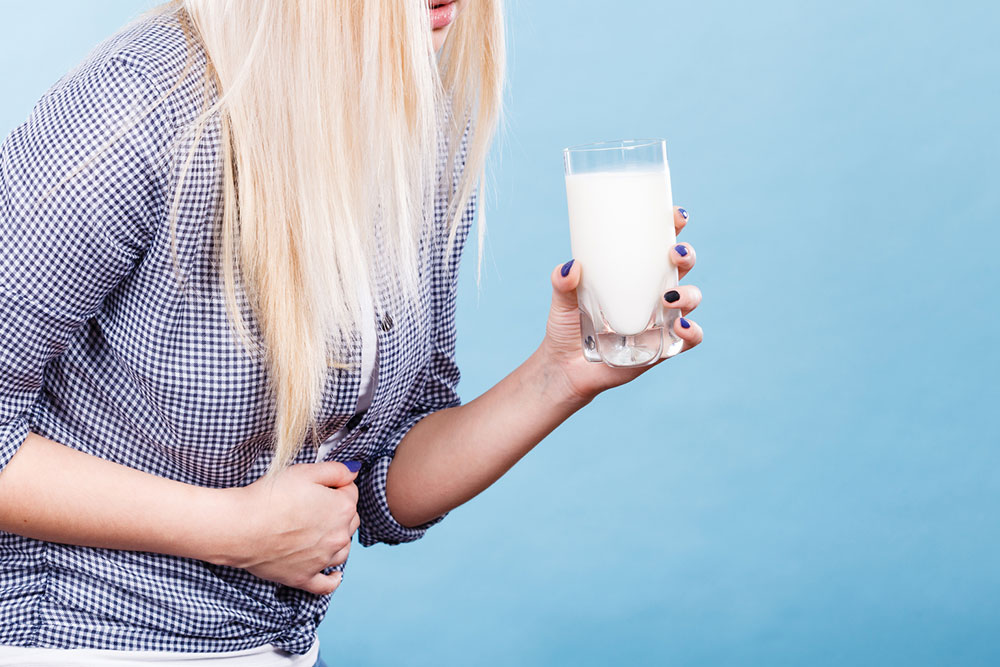Comprehensive Approaches to Effectively Manage Severe Constipation
This comprehensive guide provides effective strategies for managing severe constipation, emphasizing hydration, diet, exercise, natural remedies, and medical guidance to restore digestive health and improve quality of life. Tailored approaches help alleviate discomfort and promote regular bowel movements efficiently.

Comprehensive Approaches to Effectively Manage Severe Constipation
Constipation remains a common gastrointestinal complaint affecting millions worldwide. While occasional constipation is manageable through simple lifestyle changes, severe constipation can lead to significant discomfort, health complications, and disruption in daily life. Managing this condition requires a detailed understanding of its causes and the implementation of effective strategies to restore regular bowel movements. From dietary modifications to lifestyle habits and medical interventions, various methods can aid in alleviating severe constipation and promoting digestive health.
This article explores comprehensive, evidence-based approaches to managing severe constipation. It emphasizes practical tips, dietary recommendations, and appropriate medical guidance to help sufferers regain normal bowel function and improve overall well-being.
Ensure Proper Hydration
Hydration is fundamental in preventing and alleviating constipation. Adequate intake of fluids, especially water, softens stool and makes bowel movements easier. Dehydration is often a major contributing factor to severe constipation, so drinking sufficient amounts of water daily is crucial. Among beverage options, sparkling water has shown promising results in alleviating severe cases by enhancing gut motility more effectively than plain tap water. However, it’s advisable to avoid carbonated sugary sodas, which can irritate the digestive tract and worsen symptoms. Maintaining optimal hydration not only improves stool consistency but also supports overall digestive health and prevents the recurrence of constipation.
Increase Intake of Dietary Fiber
Adding high-fiber foods to your diet is one of the most effective ways to combat severe constipation. Dietary fiber adds bulk to stool, promotes regular bowel movements, and enhances stool softness. Insoluble fibers found in vegetables, whole grains, and wheat bran increase stool volume and stimulate the intestines. Soluble fibers present in nuts, lentils, beans, and certain fruits like apples and oranges help retain moisture in stool, making it easier to pass. Achieving a balanced intake of both types of fiber can significantly improve bowel health, especially in cases of severe constipation. It’s recommended to gradually increase fiber intake to prevent bloating and gas, along with drinking plenty of water to assist fiber’s beneficial effects.
Engage in Regular Physical Activity
Physical activity plays a vital role in promoting healthy digestion and preventing constipation. Regular exercise, such as walking, jogging, cycling, or yoga, stimulates intestinal contractions and enhances gut motility. Staying active helps to keep the digestive system working efficiently and reduces the likelihood of stool becoming dry and hard. Incorporating at least 30 minutes of moderate exercise most days of the week can lead to noticeable improvements in bowel regularity. Moreover, physical activity boosts circulation and overall health, contributing to a happier gastrointestinal tract.
Enjoy Coffee for Natural Bowel Stimulation
Many individuals find that coffee acts as a natural laxative, helping to trigger bowel movements. Coffee contains compounds like chlorogenic acids and caffeine that stimulate the colon and promote peristalsis. Drinking a cup of coffee in the morning can activate the urge to defecate, providing relief from severe constipation. However, individuals should consume coffee in moderation, as excessive caffeine intake may lead to dehydration or other health issues. Coffee’s bowel-stimulating properties make it a simple, accessible remedy for those dealing with severe constipation, especially when combined with hydration and dietary fiber.
Incorporate Probiotic-Rich Foods and Supplements
Maintaining a healthy balance of gut bacteria is essential for optimal digestion and bowel health. Probiotic foods such as yogurt, kefir, sauerkraut, and kimchi help restore the natural flora of the gut, which can be disturbed in chronic constipation. These beneficial bacteria produce lactic acid and other compounds that facilitate stool passage and promote regularity. Probiotic supplements are available and can be taken under medical supervision for several weeks to enhance gut microbiota diversity and improve bowel movements.
Consume Natural Laxatives like Prunes and Prune Juice
Prunes are renowned for their natural laxative properties due to their high fiber content and the presence of sorbitol, a sugar alcohol that draws water into the intestines. Multiple studies have demonstrated that prunes are more effective than fiber supplements alone in promoting bowel movements. Incorporating about 50 grams of prunes or a small glass of prune juice into your daily diet can significantly help relieve severe constipation, often within a day or two. Prunes not only improve stool consistency but also encourage intestinal contractions, making them a preferred natural remedy.
Address Dairy Intolerance if Necessary
If lactose intolerance or dairy sensitivity exists, dairy consumption can hinder digestion and exacerbate constipation symptoms. Temporarily reducing or eliminating dairy products may lead to symptom relief. Alternative sources rich in calcium, such as leafy greens, fortified plant-based milks, or nuts, should be included in the diet to prevent nutritional deficiencies. Monitoring your response to dairy elimination can help determine whether dairy is contributing to bowel issues.
Use Laxatives Responsibly and Under Medical Supervision
For persistent or severe cases, healthcare providers may recommend the use of laxatives—such as stool softeners, bulk-forming agents, or osmotic stimulants. It is essential to use these medications responsibly and under medical guidance to avoid dependency, dehydration, or electrolyte imbalances. Laxatives should be considered a short-term solution while addressing lifestyle and dietary factors that contribute to constipation.
Managing severe constipation requires a holistic approach that combines dietary, lifestyle, and medical strategies. Patience is key, as changes may take time to show results. Consulting healthcare professionals ensures a safe and personalized plan tailored to individual health needs. Avoid self-medicating with over-the-counter laxatives without professional advice, as improper use can worsen symptoms and lead to complications. By adopting these comprehensive strategies, individuals can effectively manage severe constipation, improving quality of life and digestive health.





